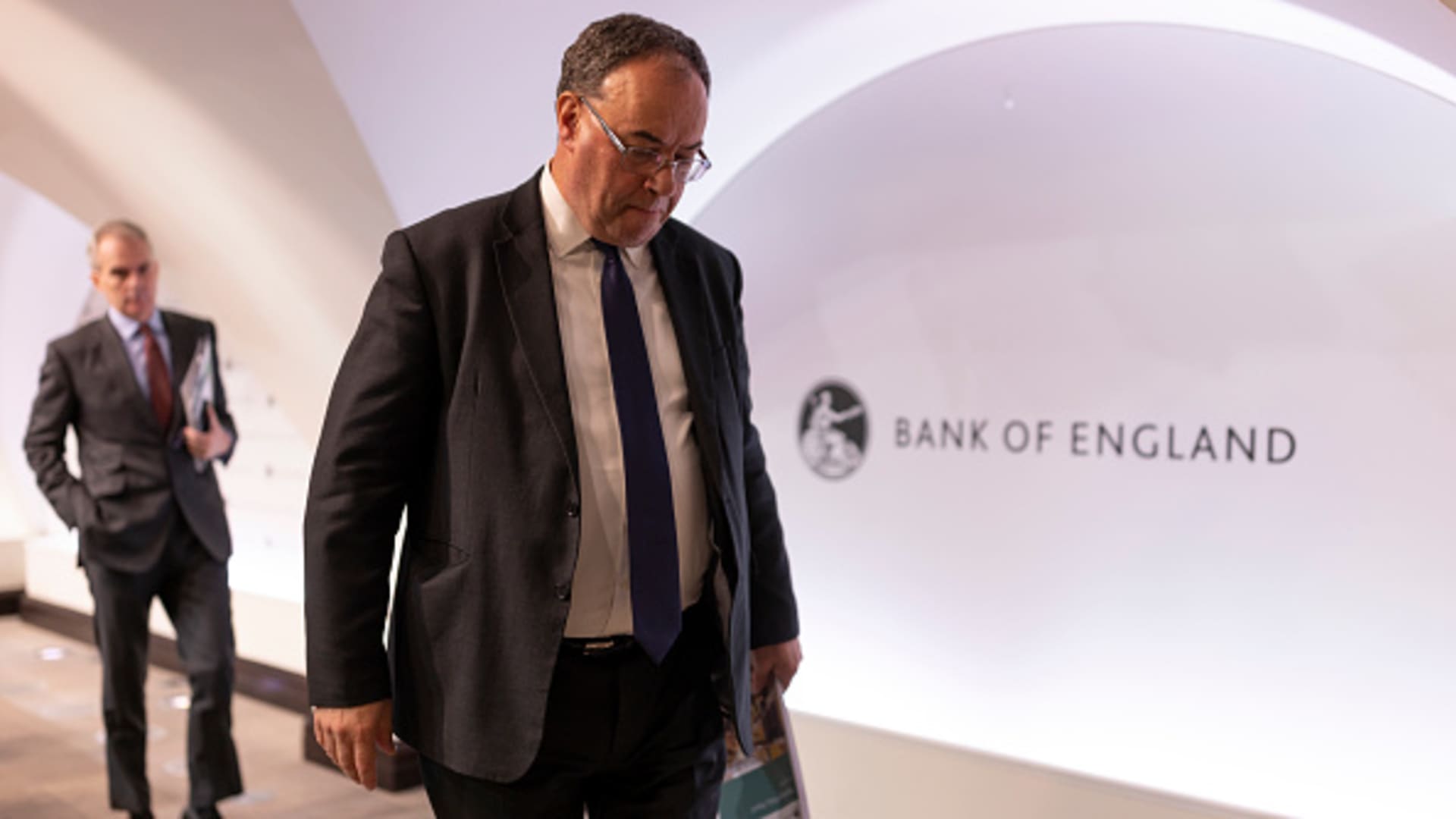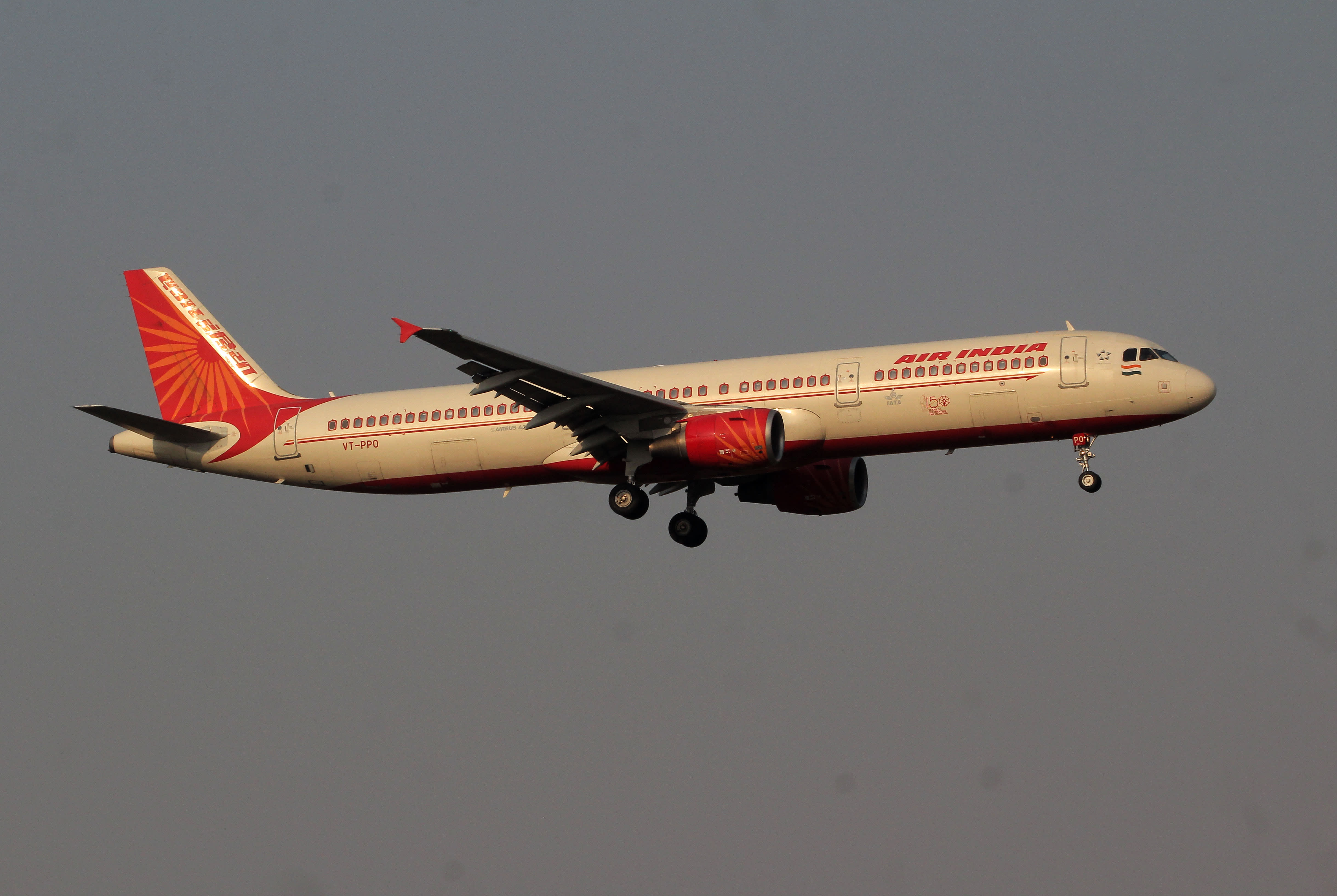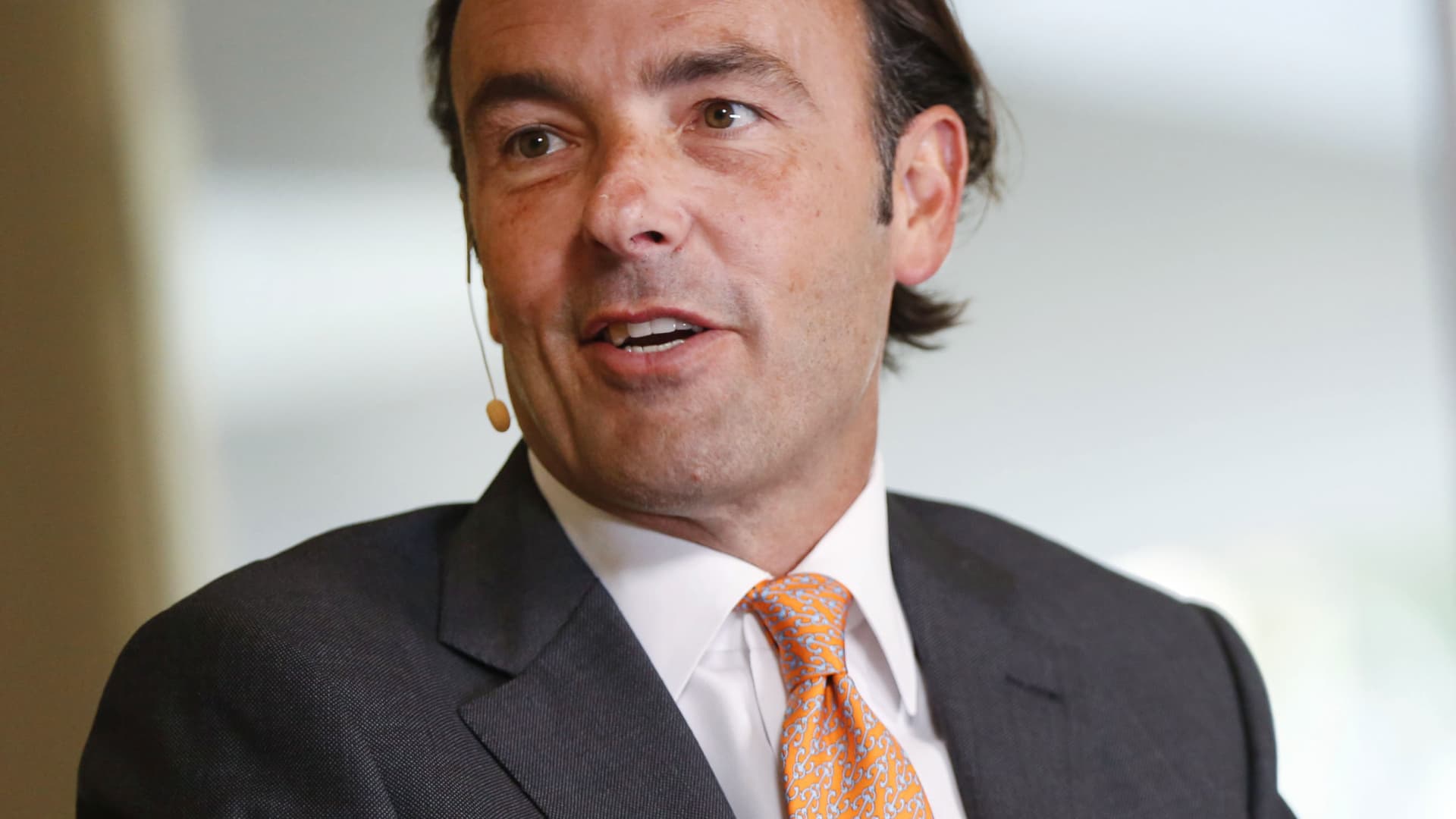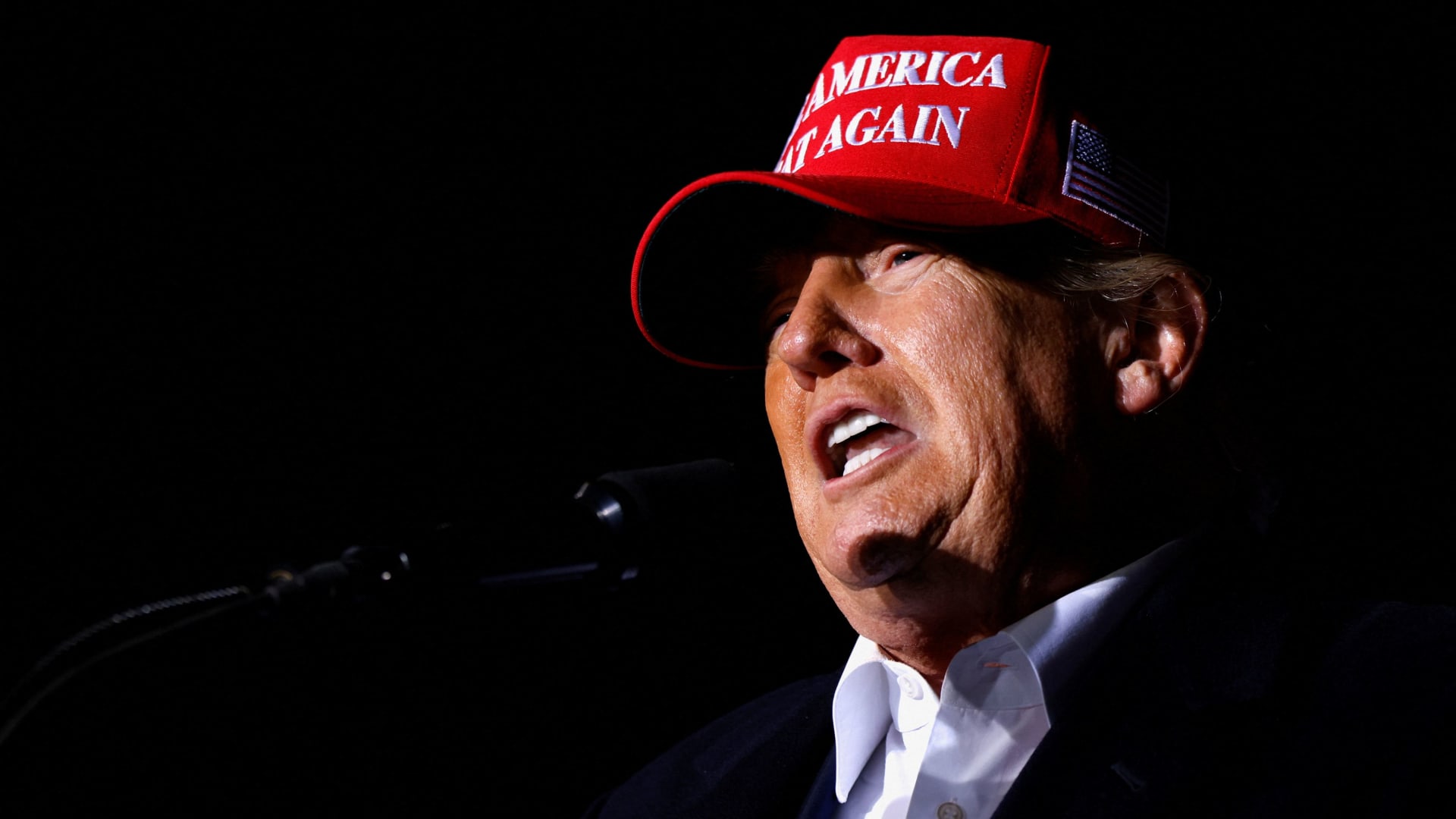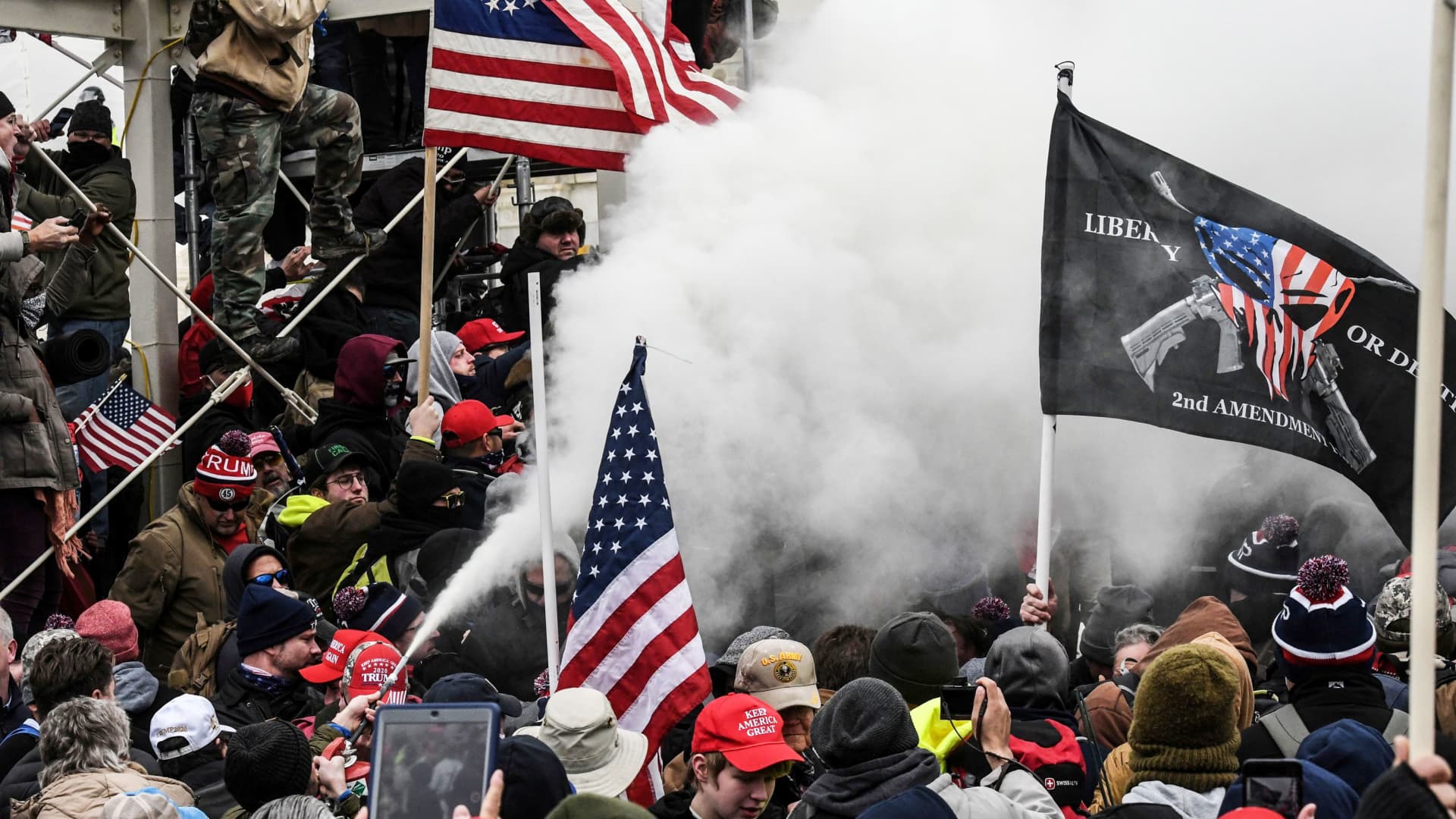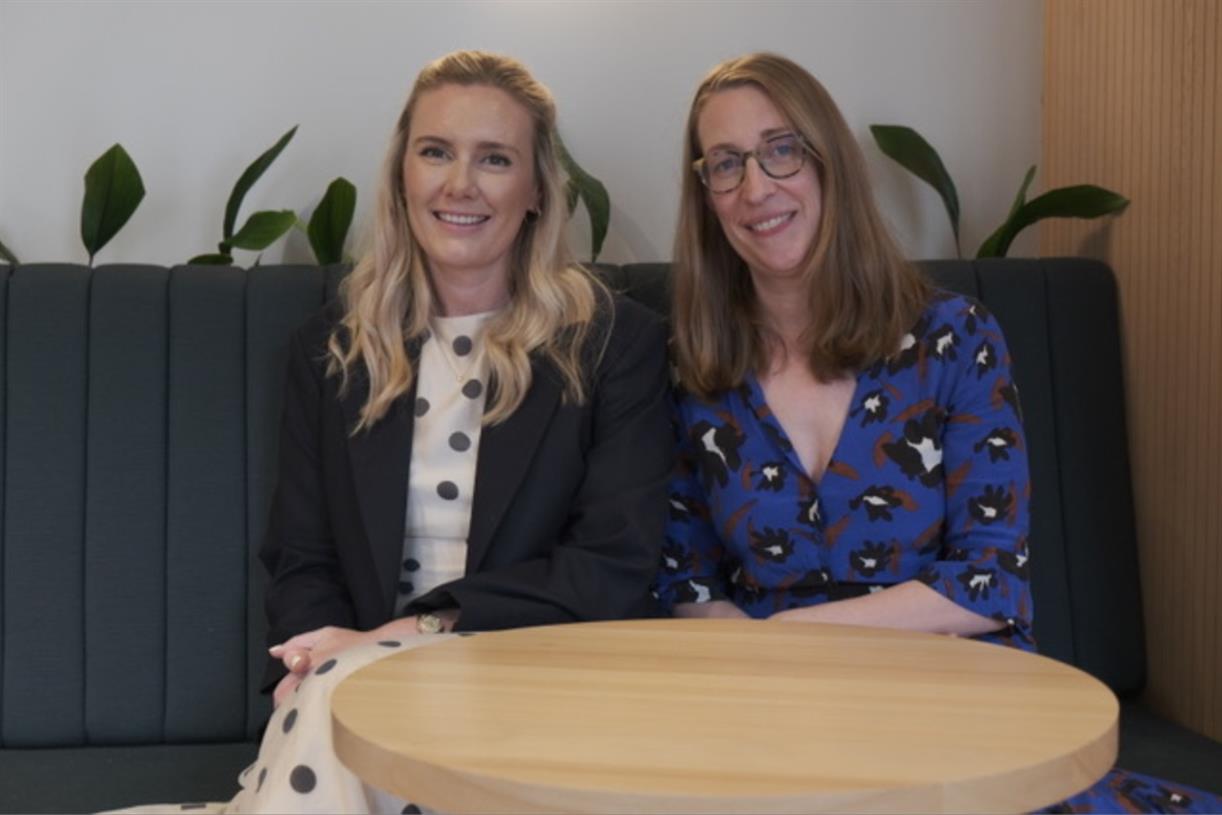Finland officially becomes a member of NATO, doubling the military alliance's border with Russia
It's a historic moment for Finland, which has followed a path of neutrality for decades.
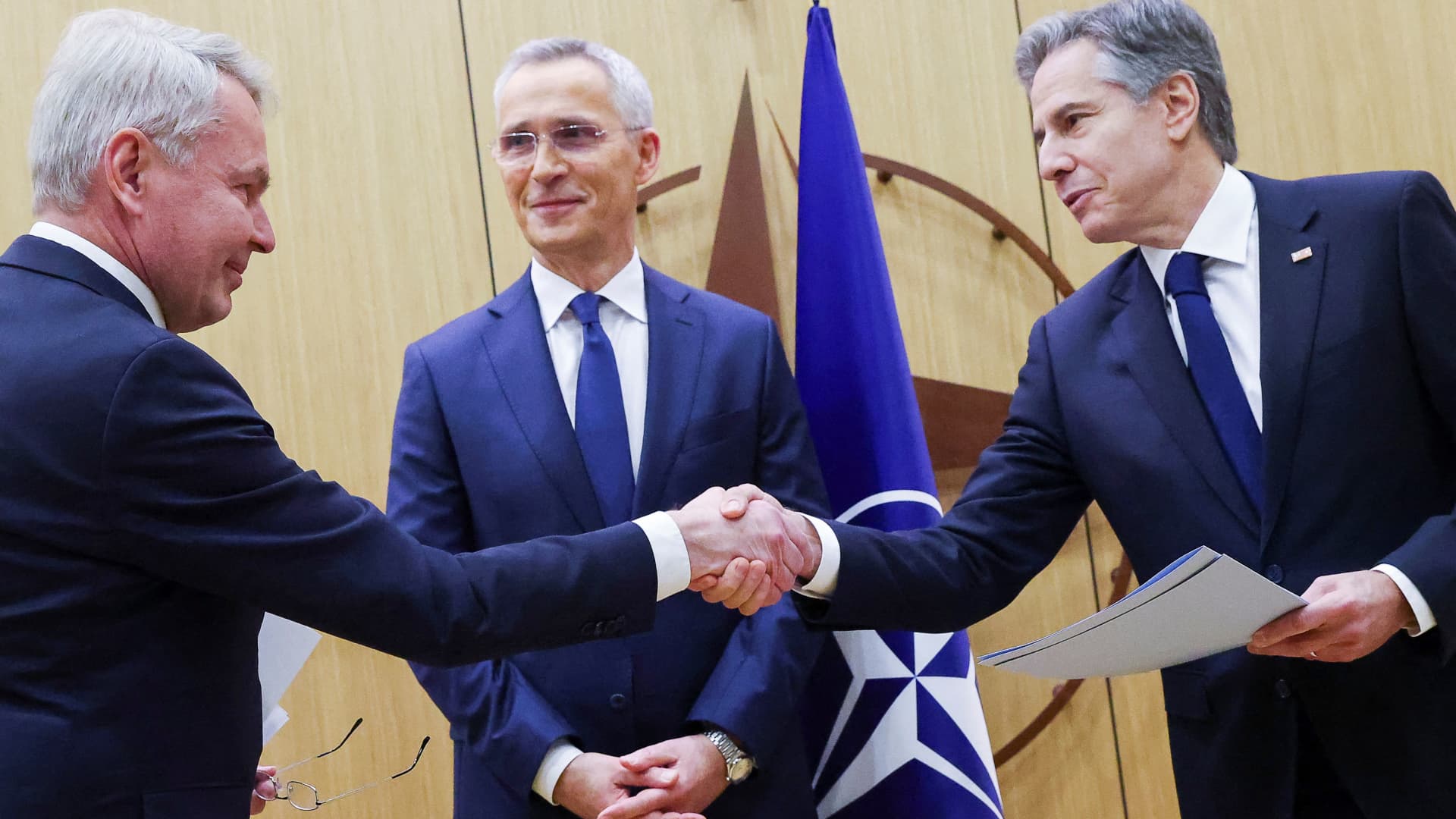
Finnish Foreign Affairs Minister Pekka Haavisto (L) shakes hands with US Secretary of State Antony Blinken, flanked by NATO Secretary-General Jens Stoltenberg (C) as he hands over Finland's accession to NATO documents,
Johanna Geron | Afp | Getty Images
Finland on Tuesday became an official member of the NATO military alliance, prompted by Russian President Vladimir Putin's decision to invade Ukraine last year.
The Nordic nation is the 31st country to join the alliance, which vows in its treaty that an attack on one of its members is an attack on them all. It's a historic moment for Finland, which has followed a path of neutrality for decades.
"Finland's membership is not targeted against anyone. Nor does it change the foundations or objectives of Finland's foreign and security policy," Finnish President Sauli Niinisto said in a written statement Tuesday.
His comments came shortly after the country's foreign affairs minister, Pekka Haavisto, handed over all the accession documents in Brussels, at NATO's headquarters, in the presence of the group's secretary-general, Jens Stoltenberg, and U.S. State Secretary Antony Blinken.
"Welcome to the alliance," Stoltenberg told Finnish representatives at the ceremony.
Authorities in Helsinki decided that in the wake of Russia's full-scale invasion of Ukraine in February 2022, the country was no longer safe on its own and applied to join the alliance a few months later. Finland shares an 832-mile border with Russia, the longest of any European Union member. NATO's border with Russia will roughly double in size after Finland's accession.
Kremlin spokesperson Dmitry Peskov said Tuesday that Russia would closely follow any NATO deployments in Finland and that his country would take "counter-measures" to this accession, according to Reuters.
What about Sweden?
Finland applied to become a member of NATO at the same time as Sweden. However, it is still unclear what the future holds for Stockholm.
Its decision to join the alliance also marked a watershed moment in the country's history, given it had followed an independent military policy for more than 200 years.
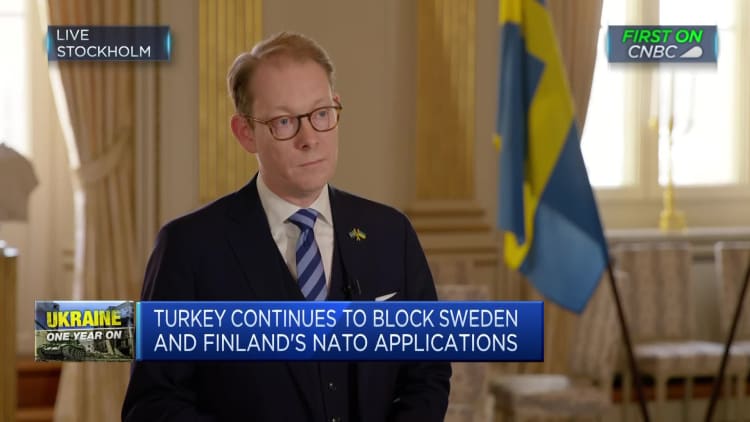
Hungary and Turkey — two NATO nations — have yet to approve Sweden's accession to the military alliance.
An official in Stockholm, speaking to CNBC on March 20 on condition of anonymity due to the sensitive nature of the subject, said they are still working under the assumption that Sweden will be an official NATO member by July, when heads of state of the alliance gather for a meeting.
Turkey's opposition to Sweden's NATO membership centers around what it says is the harboring of militants from the Kurdistan Workers' Party, or the PKK — a Kurdish Marxist separatist movement that has been fighting Turkish forces on-and-off since the 1980s. It operates mostly in southeastern Turkey and parts of northern Iraq. Turkey says that Sweden has supported PKK members and provides protection for them. Sweden denies this, saying it supports other Kurds who are not in the PKK — but the details are more complicated.
In January, far-right demonstrators burned a Quran and chanted anti-Muslim slogans in front of Turkey's Embassy in Stockholm. Ankara immediately denounced the act, as well as Sweden's granting of a permit to the right-wing group to hold the demonstration.
During a NATO meeting in Madrid in June of last year, Sweden, Finland and Turkey signed an agreement outlining a path to a compromise, with Ankara calling for further anti-terrorism guarantees.
Speaking to CNBC in February, Sweden's foreign affairs minister, Tobias Billström, said his country had done its part to fulfill the agreement.
NATO's Stoltenberg on Tuesday said he is in close contact with Ankara and Turkish President Recep Tayyip Erdogan. "Not only Finland, but also Sweden have delivered on the commitments they made," he said, hoping that Stockholm will join "as soon as possible."
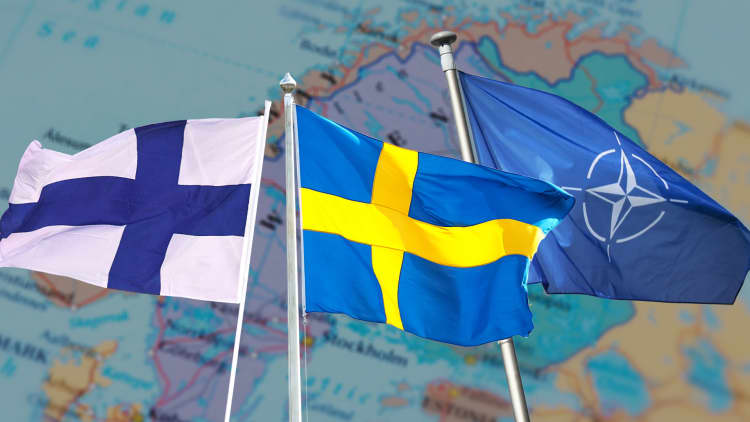
— CNBC's Natasha Turak contributed to this article.

 Lynk
Lynk 







